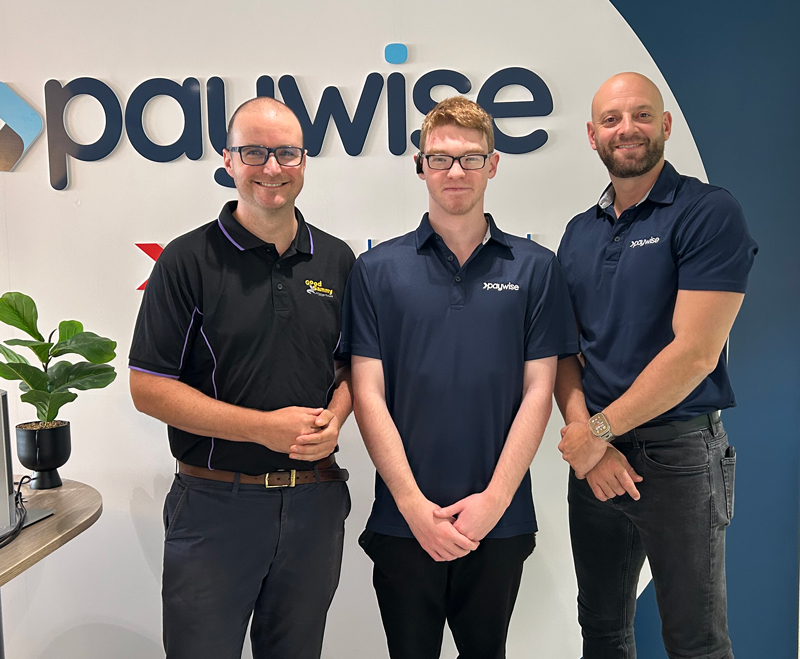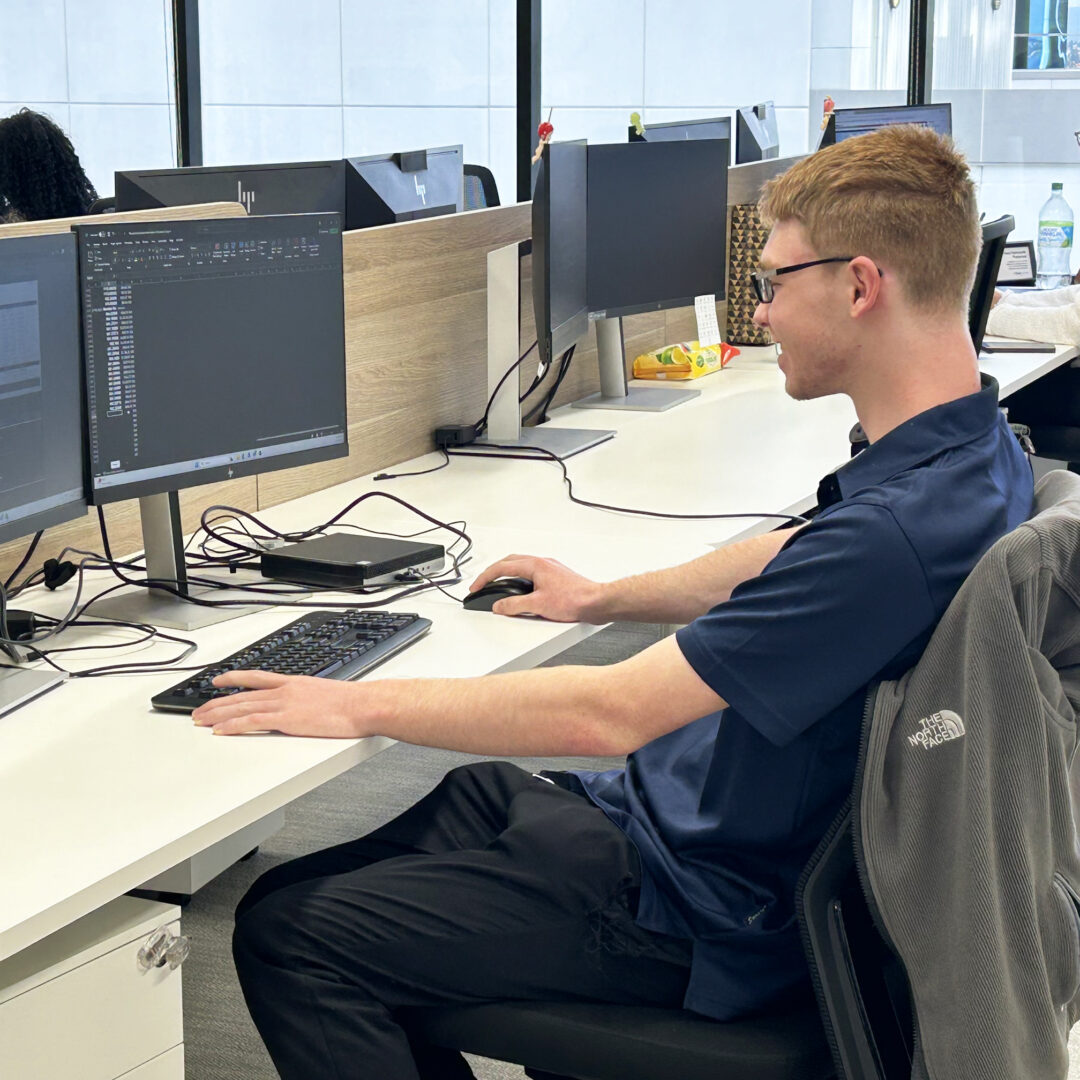Transforming workplaces and disability employment
One million Australians* with disability are not in the workforce, and only a third of National Disability Insurance Scheme (NDIS) participants of working age have an employment goal and funding to achieve that goal, said Mr Kane Blackman, Chief Executive Officer Good Sammy Enterprises.
In a bid to put a dent in this number, Good Sammy is advocating for a ‘work first’ agenda to be enshrined in the NDIS planning process for all participants, to ensure people who want work are supported to find, start and flourish at work.
As a recent recipient of Department of Social Services Structural Adjustment Grant funding, Good Sammy has partnered with the Centre for Social Impact (CSI) to grow the number, diversity and quality of employment opportunities for people with disability, and especially people with intellectual disability.
In Perth for a sector briefing facilitated by Good Sammy, Dr Jenny Crosbie, Research Industry Fellow CSI Swinburne University spoke to key stakeholders about a new organisational design model being developed with the disability sector, called the WISE-Ability model.
 Pictured above L-R: Kane Blackman, Chief Executive Officer Good Sammy Enterprises, Dr Jenny
Pictured above L-R: Kane Blackman, Chief Executive Officer Good Sammy Enterprises, Dr Jenny
Crosbie, CSI Swinburne and Professor Paul Flatau CSI UWA
“In my 35 years working in the disability sector, I have never seen such an appetite for change,” Dr Crosbie said. “The employment system as it has been set up hasn’t delivered for people with significant employment barriers, and there are new drivers of change.”
She said the convergence of several government and community factors was driving this change with a specific focus on employment pathways and customised work.
Dr Crosbie said the greatest predictor of work success was early opportunities, including part time jobs at 15 or 16 years of age while still at school.
“We frame people with disabilities as non-workers, we give them a Disability Support Pension at 16 years of age, and don’t offer them work experiences or consider them in that context,” Dr Crosbie said.
“These early ages should be experimental, and we should be offering work experiences and ‘tasters’ through a structure to encourage people with disability to build work expectations and skills.
“The WISE (Work Integrated Social Enterprise)-Ability model is a flexible and adaptable model that organisations can embrace to improve employment pathways for people with disability.
“The WISE-Ability model focuses attention on opportunities for customised employment, hybrid work schedules, work experience ‘tasters’ and the support and mentoring required to maximise success.”
Mr Blackman spoke of the work underway with CSI to assist Good Sammy in aligning its transformation agenda within the WISE-Ability model.

Pictured above L-R: Former Disability Discrimination Commissioner Dr Ben Gauntlett, Good Sammy Chief Executive Officer Kane Blackman, Woolworths Subiaco Store Manager Arran Ashton and pilot project participant Kayla Barton
The Centre for Social Impact and Good Sammy also worked together on the Australian Human Right’s Commission IncludeAbility Project, which saw 12 Good Sammy employees achieving open employment outcomes with Woolworths during a pilot program. CSI was the evaluating partner.
*100,000 Western Australians


